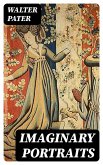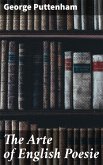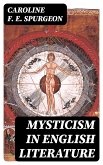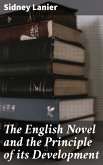In "Imaginary Portraits," Walter Pater deftly intertwines the realms of art and literature through a series of exquisite character studies that illuminate the intersection of aesthetic experience and personal identity. Written in a style rich with lyrical prose and evocative imagery, these vignettes introduce readers to a roster of fictional figures whose lives are deeply informed by their artistic and intellectual pursuits. Pater'Äôs work stands as a testament to the aesthetic movement of the late 19th century, championing the idea that art should provide profound emotional resonance and insight into the human condition, thus contributing to the broader discourse on beauty and form in literature. Walter Pater (1839-1894), a leading figure in the Modernist canon, was profoundly influenced by the burgeoning aesthetics of his time, including the philosophies of John Ruskin and the emerging Impressionist movement. Pater's lifelong commitment to the examination of beauty and the intricacies of human emotion informed his desire to create richly detailed portraits that explore the inner lives of his subjects, reflecting his own dual identity as a critic and an artist. His scholarly background and personal encounters with prominent figures of his era further enriched his literary vision. "Imaginary Portraits" is an essential read for those fascinated by the intricate relationship between art and personal narrative. Pater'Äôs keen insights and stylistic mastery provide an immersive experience that invites readers to reflect on the deeper meanings of life and creativity. Ideal for scholars, art enthusiasts, and anyone seeking to explore the beauty of human expression, this collection is both an aesthetic delight and a profound exploration of individuality.
Dieser Download kann aus rechtlichen Gründen nur mit Rechnungsadresse in A, B, BG, CY, CZ, D, DK, EW, E, FIN, F, GR, H, IRL, I, LT, L, LR, M, NL, PL, P, R, S, SLO, SK ausgeliefert werden.









